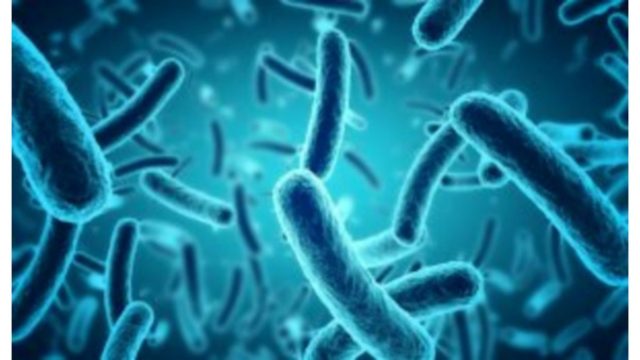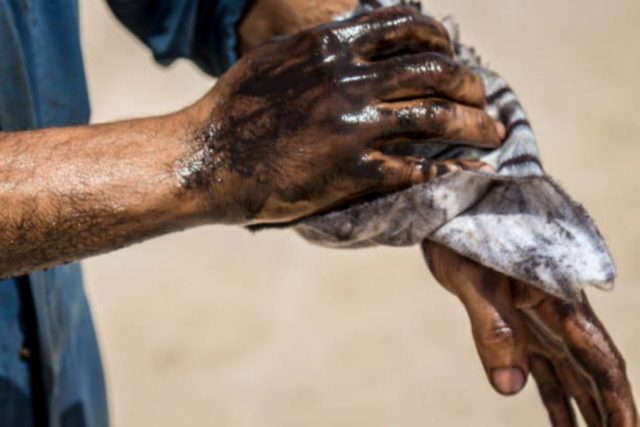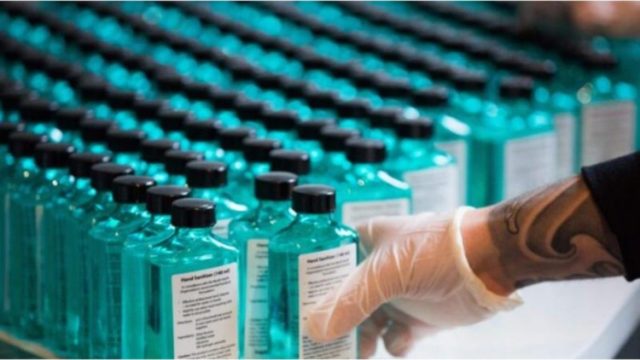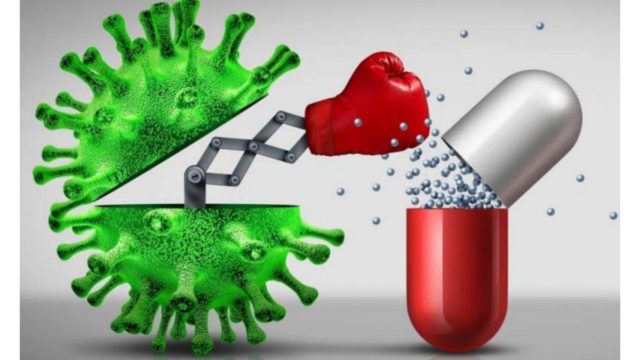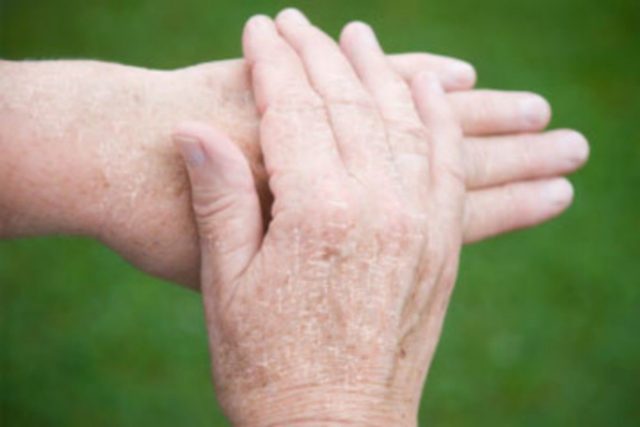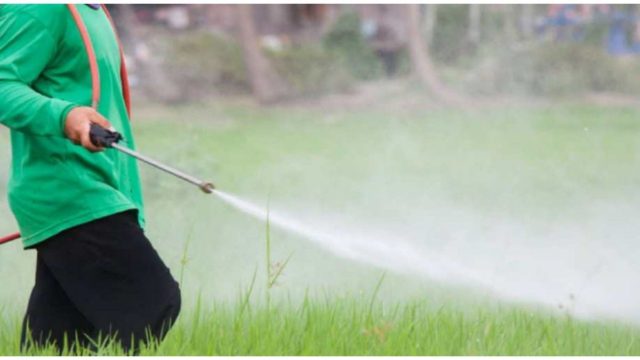Disclaimer: Originally published in May 2020. It is being republished since it still remains an interesting topic till today.
Ever since we heard about COVID-19, the sanitizer has become our go-to product. We wash our hands more often and use sanitizer almost daily. Some germophobic people are using sanitizer like a lotion.
Humans are lazy, and we chose sanitizer over hand wash. Who’s going to wash their hands with water and soap when we can wash our hands without even moving from our spot? Well, you’ll be surprised to know that the sanitizer we blindly rely on is also not safe.
Some of the adverse side effects of sanitizer are listed below-
Washes Off Good Bacteria
Our skin has bacteria that block harmful pathogens and helps to keep the moisture intact. These bacteria are called good bacteria. Excessive use of the sanitizer kills germs and harmful bacteria but it also wipes out good bacteria, which can make our body prone to other forms of pathogens.
Also Read: China Makes A Video Titled “Once Upon A Virus” To Mock USA’s Response To The Coronavirus Pandemic
Ineffective On Greasy And Dirty Hands
We know that sanitizer is a saver, washing hands with sanitizer is all that we need to be safe from germs. But that’s not all, sanitizer is effective on bacteria and viruses but not on grease and soil.
If you have soiled and greasy hands, the sanitizer will not work. Hand sanitizers do not remove dirt and grease.
Increases Risk Of Alcohol Poisoning
Recently Donald Trump gave us advice- “Sun and heat, and humidity wipe it out. And this is from tests – they’ve been doing these tests for … a number of months. And the result – so then I said, ‘Well, how do we do it inside the body or even outside the body with the hands and disinfectant I think would work.’”
Do not follow this, swallowing hand sanitizer is harmful and not at all advisable. According to the Centre Of Disease Control(CDC) children are more likely to drink sanitizer, so it is advised to keep it away from the reach of children.
Stronger Bacteria
Animal studies have shown that components used on the skin can change the working of hormones. It is known that excessive use of antibiotics can make bacteria antibiotic-resistant. This leads to the creation of stronger bacteria.
Dry Hands
Sanitizers are effective on bacteria if the alcohol content is more than 60 percent. The high percentage of alcohol decreases the moisture in the skin causing dryness.
Weakens Immune System
Sanitizers are alcohol-based and non-alcohol-based. The non-alcohol-based sanitizers have triclosan or triclocarban as an antibiotic component.
According to research conducted by the University Of Michigan School Of Public Health, triclosan has a negative effect on the immune system.
Excessive use of non-alcohol-based sanitizers leads to a weaker immune system that makes the body more vulnerable to allergies and harmful chemicals.
Dangerous If Used With Harmful Chemicals
Hand sanitizers are not capable of removing harmful chemicals from your skin. People using a hand sanitizer to clean harsh chemicals are reported to have increased levels of pesticides in their bodies.
According to the Poison Control Center, people working with pesticides and other harmful chemicals should wash their hands with soap and water.
Amid coronavirus, washing hands often after contacting anyone is a piece of advise that everyone should follow.
But on weighing the pros and cons of sanitizer, sanitizing is not always a clever alternative to hand washing. Minimize the use of sanitizers, use sanitizer only when running water is not available in your surrounding area.
Image Sources: Google Images
Sources: Times Of India, CDC, The Street
Find Blogger: @mitalipatekar
This blog is tagged under: sanitiser, use of sanitiser, excessive, side effects, harmful, effective, bad effects, not to use, which is better, risks of using hand sanitiser, chemicals, germs, virus, bacteria
We do not hold any right/copyright over any of the images used. These have been taken from Google. In case of credits or removal, the owner may kindly mail us.





























